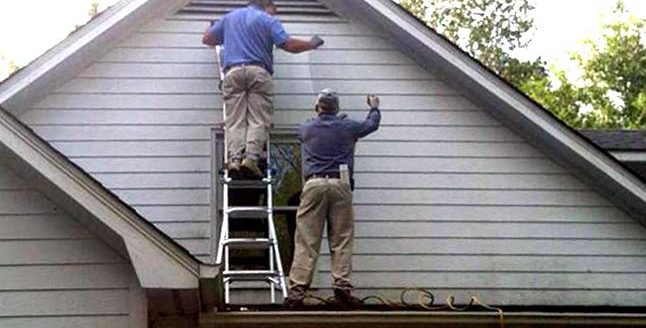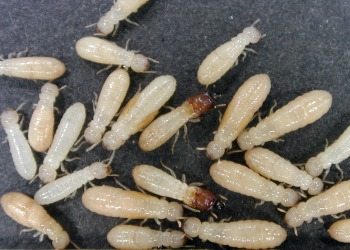Before Buying A New Home, Have A Pest Inspection Performed
The offer is in. The seller accepted. Both parties have signed the home purchase agreement. Now comes a home inspection, including a pest inspection to check for termites and other home pest problems. Your buyer’s contract provides a specific time frame for getting these issues covered. The scheduling starts immediately.
Say What? A home inspection isn’t part of the home appraisal process?
Not necessarily. Sensible home purchase agreements include a delay clause wherein the final buy agreement is contingent to the house passing a thorough home inspection by a team of unbiased state approved professional home inspectors. However, there is a distinction between a home appraisal, a home inspection, and a home pest inspection. When buying a home, Carolina residents should take care to fully protect their prospective investment.
In this article, Monroe-based Carolina Pest Management details some of the top things you should look for when buying a new home.
Distinctions – Appraisal, Inspection, and Pest Prevention
Home appraisal and price negotiation come at the beginning of the home buying process. Inspections come prior to finalizing the home purchasing agreement. But there is a major distinction between a general Carolina home inspection and a Carolina home pest inspection. The precise differences are as follows:
Home Appraisal –
Ordered by the lender to establish the fair market value of the given selection of real estate, a home appraisal is typically carried out via agreement between appraiser, lender and real estate agent. Although the seller may demand a higher asking price, he or she has no say in the appraisal process. The home appraisal process includes neither a home inspection nor a home pest inspection.
Home Inspection –
According to the U.S. Department of Housing and Urban Development, a general North Carolina home inspection will comply with all applicable state requirements and recognized state standards of practice. Furthermore, North Carolina laws pertaining to home inspectors compel home inspection professionals to divulge the scope and limit of an inspection. N.C. issues home inspection licenses based upon two levels of inspector rating. Applicants for either level are required to demonstrate adequate experience, education provable by the ability to pass a North Carolina home inspection licensing examination. Applicants must also, via bond or minimum provable net assets, meet board-established financial requirements.
As to scope of work associated with home inspections, North Carolina characterizes the task as an “in print” assessment of one or more of the components common to a fundamental residential structure. All home inspection reports must be delivered to the homeowner within a specified time frame as detailed by N.C. law or by an agreement between buyer and inspector. Home inspection reports typically involve the following items:
- Cooling and/or Heating System
- Electrical System
- Foundation Integrity
- Masonry Composition and Integrity
- Plumbing Components
- Roofing Materials and Roofing Integrity
- Structural Components, Both Interior and Exterior
Home Pest Inspection –
Whereas a general home inspection seeks to ensure to the person buying a home that the house is hazard free, in good repair, and is relatively energy-efficient, a home pest inspection determines the presence and/or the risk factor of:
- Termites and termite-related structural damage
- Ants and ant-related structural damage
- Bed bugs, fleas, rats, mice, roaches and other home pest problems
Please note that a termite-specific home pest inspection will not necessarily include a check for additional possible home pest infestations. Take care to ensure that your real estate inspection process includes not only an extensive inspection for wood destroying insects, but also a check for:
- Cockroaches
- Earwigs
- Fleas and Ticks
- Silverfish
- Spiders
- Stinging Insects
- And other common North Carolina household pests
Home Pest Inspection – Final Call Before Closing Your Home Purchasing Agreement
If you really want to take advantage of an effective home purchasing agreement, consider asking the inspectors for permission to attend the inspection. Doing so serves as a surprise call. There is no reason you should not be allowed the opportunity to view your prospective new home through the eyes of an expert home inspector or pest inspector.
Carolina Pest Management services regional southeastern North Carolina. Established in 1939, this family owned business offers rapid response, licensed real estate pest inspectors, and environmentally conscious pest control. Now is the time to schedule your full-service home pest inspection.


